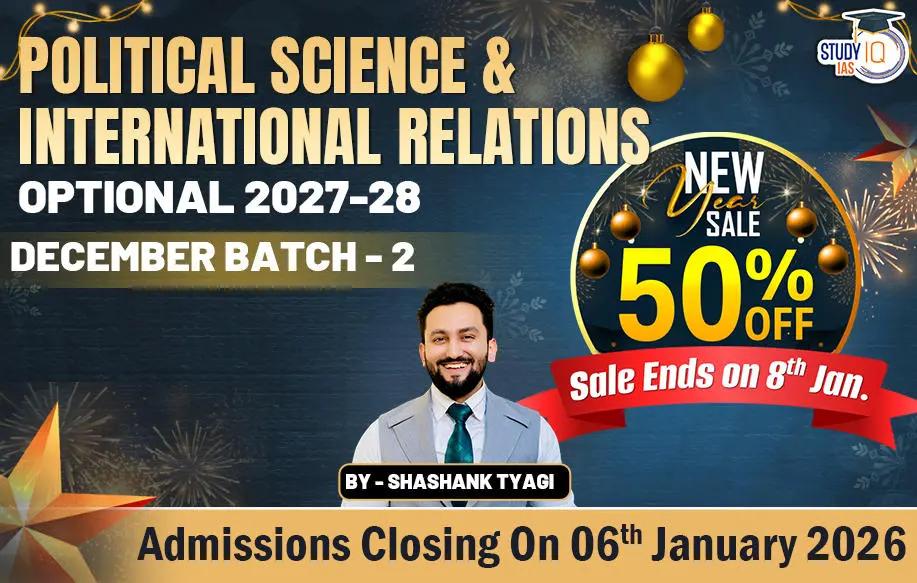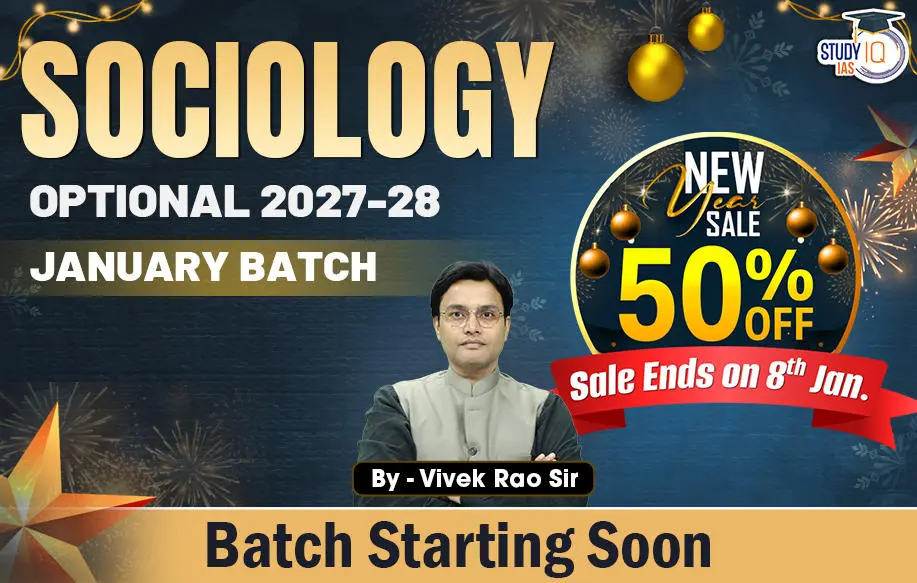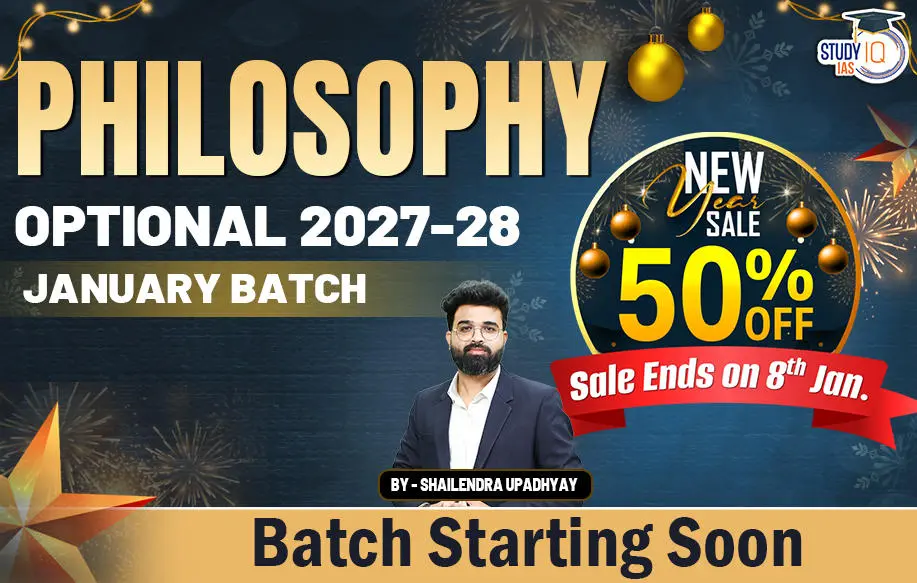Table of Contents
Context: Recently, PM Narendra Modi visited Vienna. India and Austria recently agreed to strengthen their partnership, with a focus on economic and technological collaboration.
Austria’s Historical Neutrality
- Nazi Occupation and Allied Control: Vienna was occupied during WWII and later divided into sectors by the US, UK, France, and the Soviet Union.
- Austrian State Treaty (1955): Established Austria as an independent state with mandated neutrality, prohibiting military alliances and foreign military bases.
India’s Role in Austria’s Sovereignty
- Nehru’s Support: India supported Austria’s appeal for sovereignty at the UN General Assembly in 1952.
- Nehru’s Mediation: Nehru’s diplomatic mediation was pivotal in Austria’s negotiations, culminating in the 1955 State Treaty.
- Nehru’s State Visit (1955): First foreign leader to visit Austria post-independence.
- Austria’s President Theodor Körner described Nehru as a statesman who contributed significantly to global politics and understanding among nations.
Evolution of India-Austria Ties
- Diplomatic Relations: Established on November 10, 1949, marking its 75th anniversary in 2024.
- Notable Visits:
- 1983: Indira Gandhi to Austria.
- 1984: Austrian Chancellor Fred Sinowatz to India.
- 1999: President K R Narayanan to Austria.
- 2005: Austrian President Dr Heinz Fischer to India.
- 2011: President Pratibha Patil to Austria.
- Alexander Schallenberg:
- Visited India in March 2022 with a high-level business delegation.
- Personal connection: His father was Austria’s Ambassador to India (1974-1978), and Schallenberg attended elementary school in New Delhi.
- Balanced Positions on Russia-Ukraine War: Both countries have adopted balanced positions regarding the Russia-Ukraine conflict.
- Austria supported EU sanctions against Russia but maintained commercial ties and continues to import gas from Russia.
- Chancellor Nehammer was the first European leader to visit Putin post-invasion to discuss ending the war.
Agreement on Sustainable Economic and Technology Partnership
- Objective: To adopt a strategic approach aimed at significantly upgrading the bilateral partnership between India and Austria.
- Focus Areas: Future-oriented bilateral sustainable economic and technology partnership.
Areas of Collaboration
- Technology Development
- Research and Innovation:
- Business Engagement in green and digital technologies.
- Infrastructure
- Renewable Energy
- Water Management
- Life Sciences
- Smart Cities
- Mobility and Transport
Commitment to International Principles
- Free and Open Indo-Pacific: Both countries reaffirmed their commitment to a free, open, and rules-based Indo-Pacific.
- International Law: Emphasised adherence to international law as reflected in UNCLOS (United Nations Convention on the Law of the Sea).
- Sovereignty and Integrity: Full respect for sovereignty, territorial integrity, and freedom of navigation.
- Benefit of Maritime Security: Commitment to maritime security and international order.
- Response to China’s Behaviour: The statement implicitly addressed concerns over China’s assertive behaviour in the Indo-Pacific region.

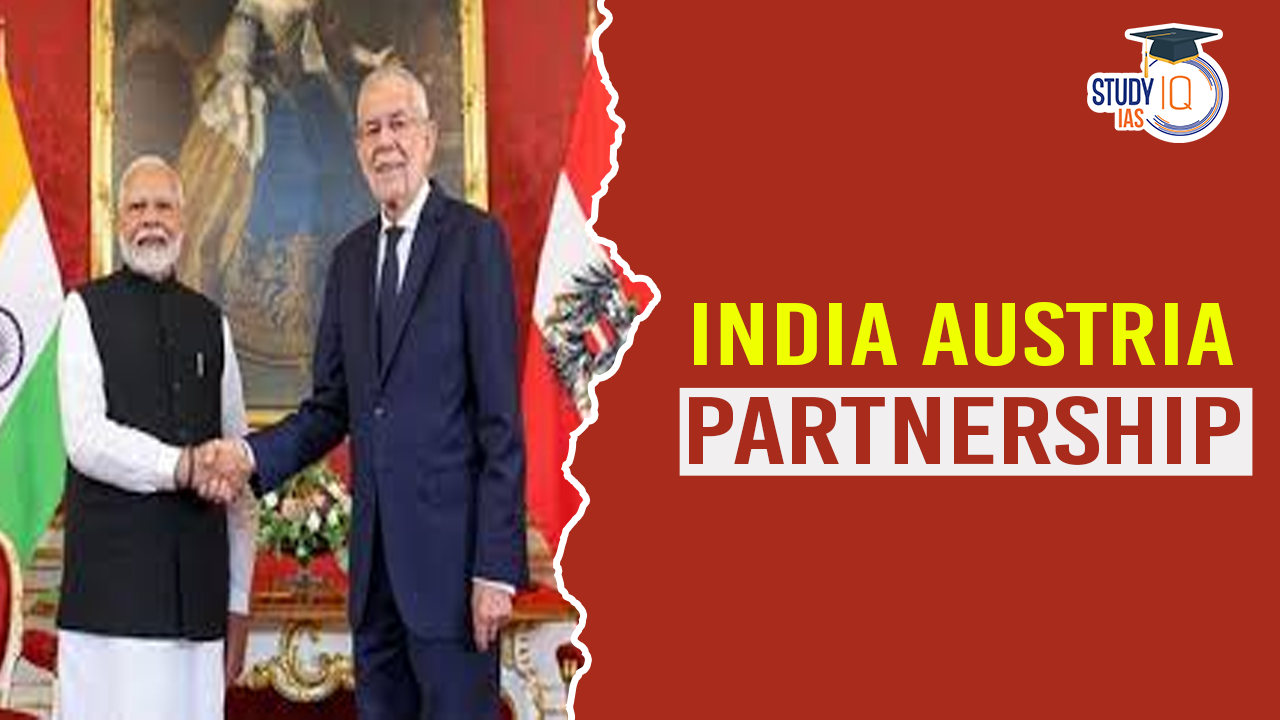
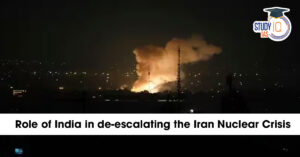 Iran Nuclear Crisis and India’s Role f...
Iran Nuclear Crisis and India’s Role f...
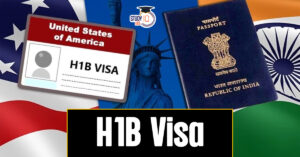 H1B Visa Program, Beneficiaries, Eligibi...
H1B Visa Program, Beneficiaries, Eligibi...
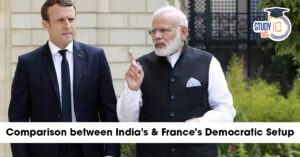 Comparison Between India & France's ...
Comparison Between India & France's ...



